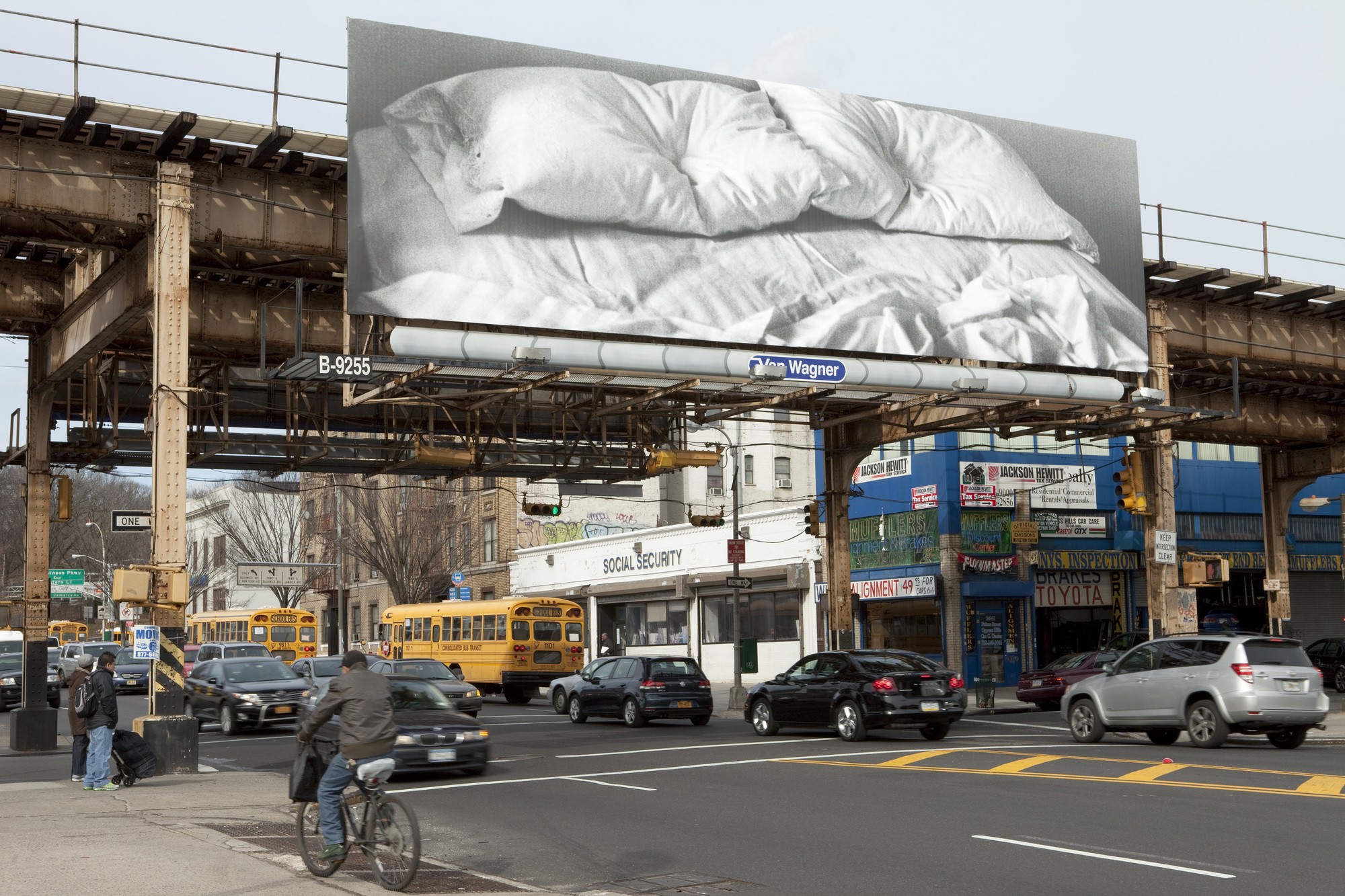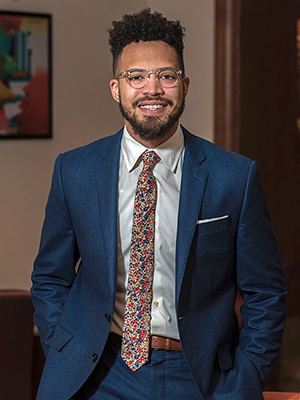May Joseph//September 10, 2021
Performance, Oceans, Praxis: Sinking New York and the Ethics of Livability

Talk
New York City is an archipelago of over forty low-lying islands. The ethics of livability of coastal peoples around the world has been exacerbated and foregrounded by the extreme weather phenomena of Hurricane Ida and its tropical storm impact on the Northeast, particular the island city of New York. How might a performance studies praxis engage with questions of climate change and the rising seas? Drawing on ten years of site specific performance work with oceans, Joseph excavates the tensions between land, water and the body in performance.
BIO
May Joseph is the founder of Harmattan Theater, Inc., an environmental theater company based in New York City and Professor of Global Studies in the Department of Social Science and Cultural Studies at Pratt Institute, New York. Her scholarly research combines critical cultural theory and environmental practice, and to that end, she has written widely on globalization, urbanism, performance and visual culture. She is interested in the junctures between cities, performance, water ecologies and coastal futures.
Since 2009, Joseph has created community based, site specific performances addressing water issues along river and ocean cities around the maritime world including Istanbul, Venice, Amsterdam, Cochin, Delhi, Cape Town, Lisbon, New York. Her directorial interests lie in bringing together questions of Water politics, dance, trance movement traditions, ritual, performance art, mime, images and text into conversation with coastal societies. Her training in the Indian and Tanzanian environmental and folk theater traditions, including Jatra, Chautu Nadagam, Indian street theater movements, Japanese Kyogen, and the experimental theater techniques of Jerzy Grotowski, Eugenio Barba, Bertolt Brecht and Marina Abramovich, have syncretically shaped my experiments with ecology, urban space and climate change.
Books include Ghosts of Lumumba (Poetics Lab, 2020); Sea Log: Indian Ocean to New York (Routledge, 2019); Fluid New York: Cosmopolitan Urbanism and the Green Imagination (Duke University Press, 2013); Nomadic Identities: The Performance of Citizenship (Minnesota, 1999). Joseph is Editor of two book series: Critical Climate Studies and Ocean and Island Studies, both from Routledge (forthcoming), and coeditor of Performing Hybridity (Minnesota, 1999). Other co-edited volumes include City Corps (Journal of Space and Culture), New Hybrid Identities (Women and Performance, 1995) and Bodywork (Women and Performance, 1999). Her writings have appeared in Liberation Monde, Social Text, My doctoral work was in British Cultural Studies with a focus on Black British and African Film and Theater, at the Department of Theater and Dance, the University of California, Santa Barbara, where I got my PhD. My Masters, also from UCSB, emphasized Directing and Playwriting., Beyond Biopolitics, Clark University Series, Black Renaissance, Passage to Manhattan, Bowery Womens Poems, Architectural Design, Problematizing Blackness, Embodied Utopias, Corpus Delecti, Talking Visions, Sportcult, Soul, The Ends of Performance, The Visual Culture Reader, Interventions, New Observations, Praxis, Oxford Literary Review, Late Imperial Culture, African American Review, Movement Research. She has been a guest editor for Women and Performance and is currently completing a book on Indian Ocean maritime networks.
Fellowships and Awards include a Cornell Society for the Humanities Fellowship (Declined), Mellon Grant, Ford Foundation Grant, Rockefeller Fellowship at the Asian/American Center, CUNY, Pembroke Center Post-Doctoral Fellowship at Brown, a Post-Doctoral Fellowship at the Unit for Criticism and Interpretive Theory, University of Illinois at Urbana-Champaign and a University of California, Humanities Research Institute Fellowship at Irvine.









